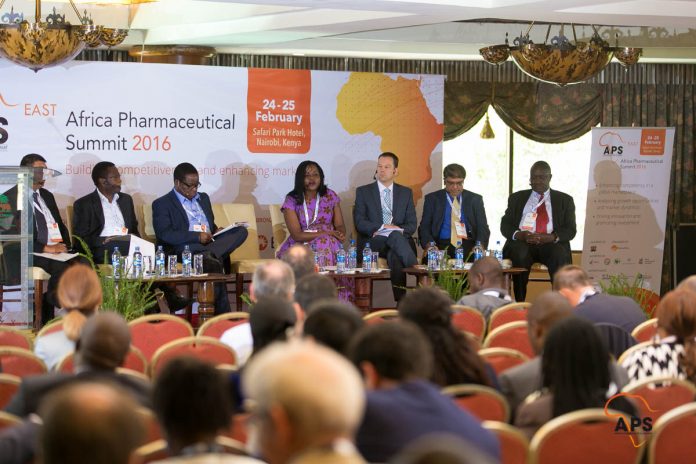Kenya and South Africa are the only African nations among the 56 ranked by the International Technology and Innovation Foundation in its report on the extent to which scientific research, drug pricing, and intellectual property policies of countries contribute proactively or detractively to global biopharmaceutical innovation.
Neither of the two place in the top half in the overall rankings, with Kenya placing 39th and South Africa 55th, joining Thailand, the Philippines, Australia and India in the bottom five whose policies do the least to support the global life-sciences ecosystem.
“This group of [bottom five] countries offers life-sciences innovators only weak IP protections. This is particularly true of India, the Philippines, and South Africa, which offer no biologics data exclusivity protection. These five countries also invest relatively less in health R&D and impose strict price regulations on pharmaceuticals that, by definition, reduce revenues that can be reinvested into the next generation of biopharmaceutical innovation,” the report finds.
Yet, with 31 percent of its government R&D investment going to health R&D, Kenya ranks fifth in the world on this score, behind Britain (33.4 percent), Denmark (32.4 percent), Colombia (32.1 percent) and Spain (31.5 percent). Kenya also ranks with the top 10 countries whose governments prioritize research investment in the life sciences, a composite indicator combining government R&D and government R&D as a share of gross domestic product.
Africa’s pharmaceutical industry is one of the fastest growing in the world, exploding in value to $20.8 billion in 2013 from $4.7 billion a decade earlier, and expected to grow by 6 percent to 11 percent for the next five years. Despite these projections, R&D remains a major challenge for the industry continent-wide, given the shortage of requisite specialists and relatively low government prioritization. Challenges for the industry were amply discussed at the all-important Africa Pharmaceutical Summit East 2016, organized Feb. 24-25 in Nairobi, Kenya, by PharmaAfrica, Africa’s leading pharmaceutical business publication. They will be tackled again at the summit’s west edition in Lagos, Nigeria, on Sept. 6 and 7.
“Public expenditures in R&D catalyze private-sector R&D investments, boosting innovation outcomes in the long run,” the ITIF report notes. “Continued improvements in global health outcomes depend on nations doing their fair share to support global life-sciences innovation and not free riding off the hard work and investment of the leaders. This means that nations must not only prioritize public funds for life-sciences research but must also ensure that their drug pricing and intellectual property policies support robust private-sector biopharma innovation,” the report says.
Published in April this year under the title, “How National Policies Impact Global BioPharma Innovation: A Worldwide Ranking,” the report ranks the United States, Switzerland, Taiwan, Singapore and Sweden highest, in that order, noting they have enacted policies that contribute the most to life-sciences innovation globally. Those policies, the report adds, “not coincidentally, have helped these nations become leading life-sciences innovators themselves.”
The report concludes that countries with robust life-sciences innovation policies contribute disproportionately to the global stock of innovation in life-sciences fields, since the benefits of this innovation spill over into the global public commons.
“In contrast, countries that invest little in life-sciences research, that fail to provide adequate IP protections, or that restrict drug prices to such a degree that innovators have little incentive to develop innovative life-sciences products at best do little to contribute to and at worst actively harm the global environment for life-sciences innovation,” it says.













